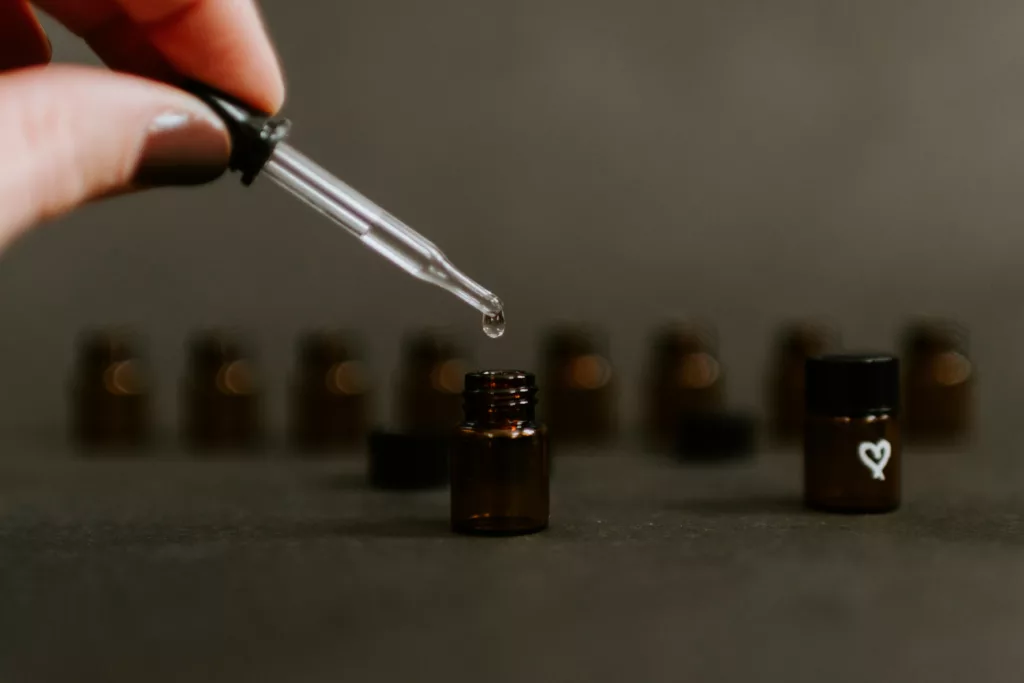Regenerating thinning hair requires a comprehensive approach that addresses both internal and external factors. While regrowth may vary from person to person, here are some tips to help promote hair regeneration.
It’s crucial to evaluate your eating habits and ensure that you’re supplying your body with a diverse range of nutrients that promote healthy hair growth. To achieve this, include foods that are high in vitamins A, C, and E, minerals such as iron, zinc, and biotin, and omega-3 fatty acids in your diet. Examples of these foods include leafy greens, nuts, seeds, fish, and eggs.
Did you know that massaging your scalp regularly can increase blood circulation and encourage hair growth? It’s true! By gently massaging your scalp in circular motions using your fingertips for a few minutes each day, you can reap the benefits. For an even more effective massage, scalp massagers or brushes may be worth considering.
To maintain healthy hair, it’s essential to avoid harsh styling practices. This involves staying away from tight hairstyles, excessive heat styling, and chemical treatments that can lead to hair damage and weakness. Additionally, it’s recommended to be gentle when brushing or combing to prevent breakage.
To take good care of your hair, it’s crucial to use mild hair care products. Seek out shampoos and conditioners that are sulfate-free, mild, and specifically formulated for your hair type. Avoid harsh products that can strip natural oils and irritate your scalp. Also, use a wide-toothed comb or a brush with soft bristles to minimize hair damage.
If you’re looking to promote hair growth, you might want to try some natural remedies. Essential oils like rosemary, lavender, or peppermint oil can be applied to your scalp after being diluted with a carrier oil like coconut oil.

Photo by Kelly Sikkema on Unsplash
However, results can vary from person to person, so it’s best to consult with a healthcare professional before trying any natural remedies.
If you’re experiencing significant hair thinning or hair loss, it’s recommended that you consult with a dermatologist or healthcare professional who specializes in hair health. They can evaluate your situation, provide personalized advice, and recommend potential treatments such as minoxidil or low-level laser therapy.
Managing your stress levels is also important as chronic stress can contribute to hair thinning and loss. Incorporating stress management techniques like exercise, meditation, yoga, or engaging in enjoyable activities into your daily routine can help. Getting enough sleep is also crucial for overall hair health.

Photo by Kaylee Garrett on Unsplash
Remember that hair regeneration takes time, and results can vary. It’s essential to be patient and consistent with your haircare routine. Regrowth may not happen overnight, and it may take several months to see noticeable improvements.
While these tips can help promote hair regeneration, it’s important to understand that certain factors, such as genetics or underlying health conditions, may influence hair loss and regrowth. Consulting with a healthcare professional can provide further insights and personalized recommendations based on your specific situation.


